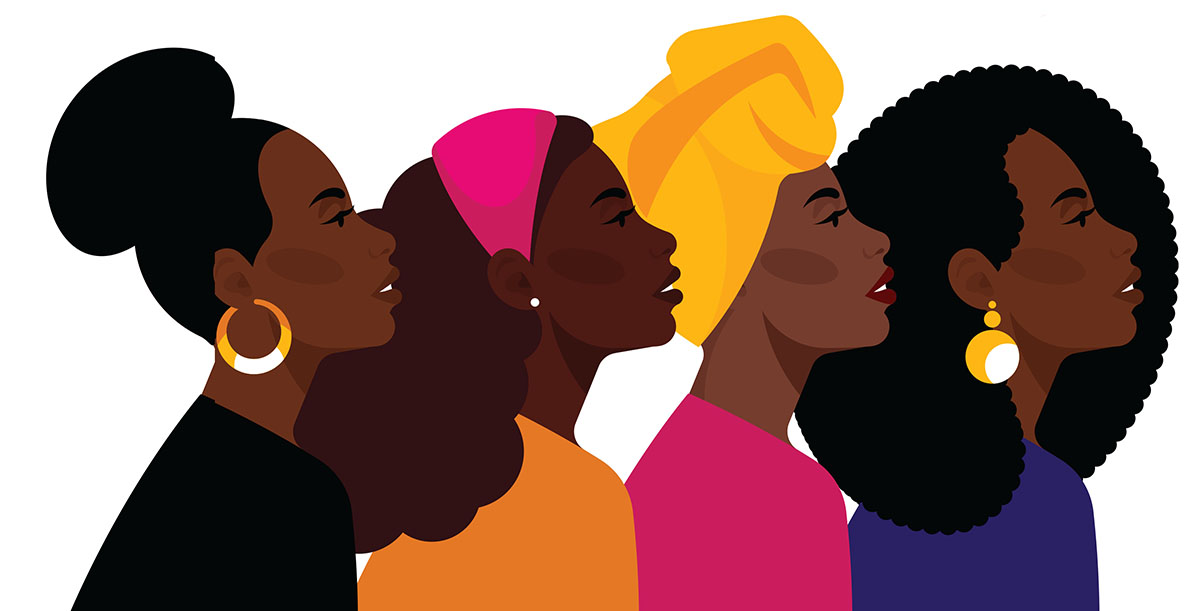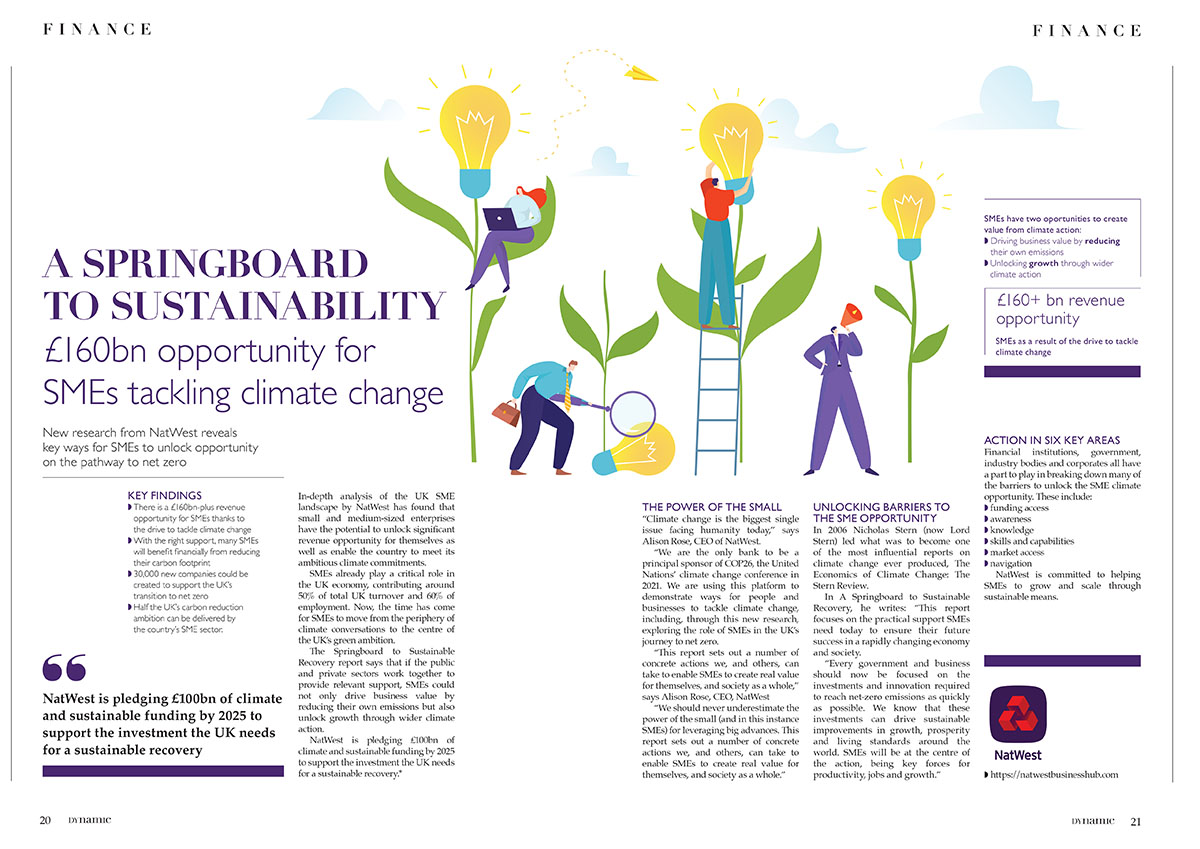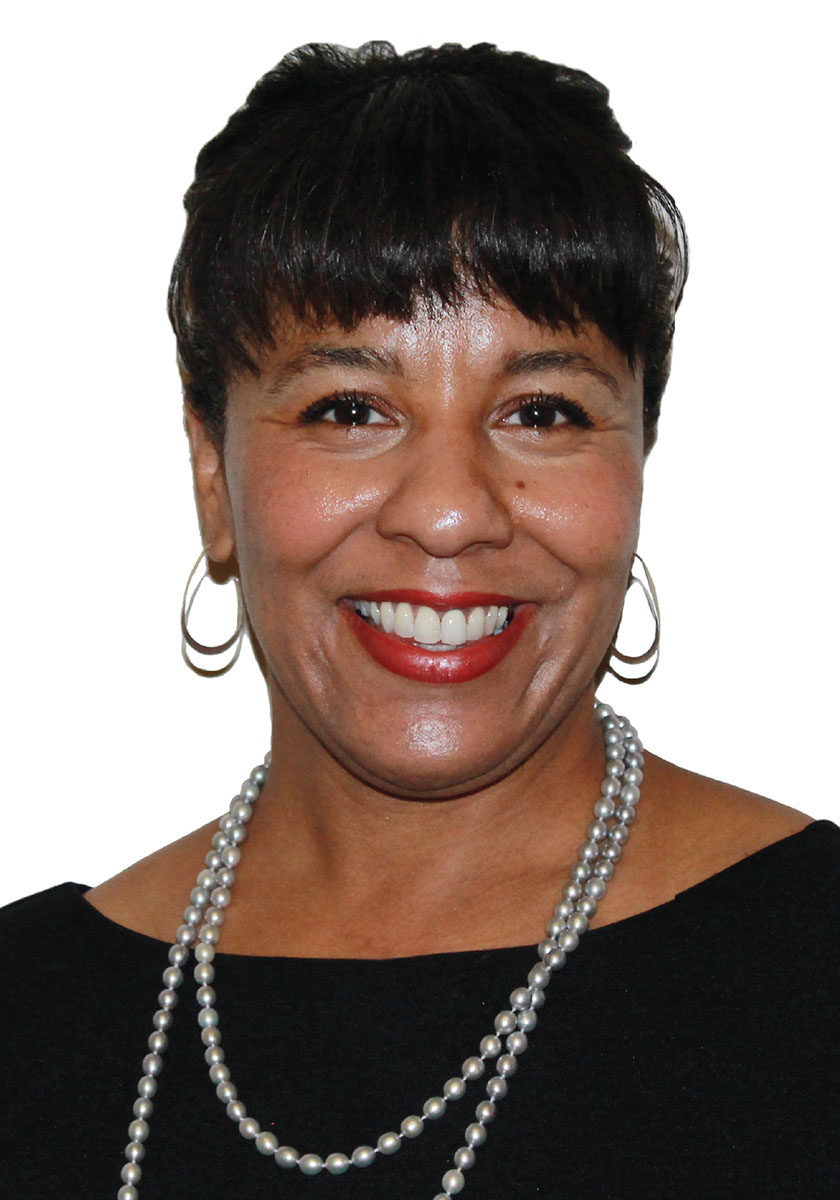
The black woman continues to be left behind in terms of promotions, career development, and pay advancement, regardless of the industry she is in and despite the continuously expressed strong business case for diversity by leading academics, consultancies and business leaders the world over.
Research after research continues to be published, one of the latest is this one – Transparent - by the LSE in partnership with the 30% Club on the plight of the black woman and what needs to be done in organisations to drive change. Mckinsey has published several thought leading pieces including Women in the workplace that highlight not only the benefit to the organisation of the advancement of the black woman and diversity in general but also sharing ideas on how this can be done.
The Parker Review in 2017 recommended a voluntary target for the Nation’s FTSE 350. This target was to have at least one member of their boards from an ethnically diverse background. Today, that target has not been met. The Hampton Alexander Review in 2016 recommended that FTSE 100-350 Boards should be 33% women. Whilst some progress has been made on the FTSE 100 Board, as reported in the Cranfield University 2020 female FTSE board report, less than 3% of the these women would be described as black women. When we look beyond the Board and to the wider organisation, the statistics are even less encouraging. This report in the Guardian newspaper states that only 1.5% of senior positions held in UK businesses today are held by black people. This figure hasn’t changed since 2014.
In an open letter in the Sunday Times recently, a group of leading companies publicly called for organisations to address the systemic racism that exists within them.
However, what is experienced by many black women today is a significant rhetoric and inconsistent action. The black glass ceiling – those barriers seen and unseen – that stand in the way of her progression in an organisation and her being considered fairly and equally for the opportunity to grow and to contribute at increasingly senior levels of responsibility and influence remain in place. She continues to face discrimination based on her gender and her race. On top of that, she lacks the encouraging factors of visible senior role models, advocates, sponsors and mentors as well as targeted management and leadership development designed to meet her needs.
It is, however, not impossible. I believe, without a shadow of doubt, that the business leader who makes the development of the black woman in their organisation a priority is one who genuinely appreciates, believes in and understands the value of inclusion and the contribution of diversity to the success of a business. That business leader would know and believe that in developing the black woman the vicarious impact on the rest of the workforce is beneficial even to the most privileged demographic in the world of work. This belief would result in action that goes beyond the pledges to do something, the celebration of black history, the awareness training on conscious and unconscious bias and so much more.
For real change to happen and change that is meaningful and impactful, what is required is a shedding of control, a willingness to let go of ‘what is mine’ in the interest of the greater good and a decidedness to demonstrate that every single person in the world of work and in the organisation, without exception, has something to contribute. It would be a deeply held belief and knowledge that everyone has potential and has a right to express that potential. It would mean a knowledge and a belief that leadership in business goes beyond the personal acquisition of wealth, the delivery of the bottom line and pleasing the shareholder to a place where a willingness to put the interests of the team, the organisation, the community it serves and society above his/her own is the priority. It would mean a desire to create an environment in which everyone is treated not only as human but is given the opportunity to express all of who they are, to advance their career and to maximise their potential to the benefit of all – and that includes the black woman.
How then can a leader who is genuinely interested in tapping into the potential of ALL the talent in his/her business proactively develop the black woman in a way that makes a material difference not only to her but to the leader and the organisation? Here are six ways to achieve this:
Make self-awareness and self-mastery a personal goal
As a business leader or indeed an organisational leader of any kind, what you do, say, to whom, when and how is observed, imitated and amplified. Start by looking at yourself in the mirror and conduct some serious self-examination of your own biases and working practices. Do an audit of your personal and professional network to see how diverse it is. At work, with whom do you spend the most of your time and with whom do you feel the most comfortable?
How wide is your tent? Who is on the outside looking in? In your quiet reflection, look back over your week or month and reflect on the behaviours you have displayed that may have sent a message, though unintentionally, to the underrepresented groups and that includes the black woman that says, “you’re not quite good enough to be in my team”. To what extent have you challenged your teams and your colleagues to be creative and do “different” – for example in sourcing diverse suppliers. The CIPD, for example, has advice on how to source diverse suppliers. Who do you publicly praise for their achievements and why?
In your meetings do you speak last or invite others to speak up before you do, knowing that what you say may influence others to follow you blindly. Have you invited the black women in your organisation, regardless of their organisational level, to share their lived experiences, how your behaviour and that of your direct reports impacts them and what they would like to see happen to bring positive change? Once you’ve raised awareness of who you really are and appreciated that some of your behaviour may not be displaying your very positive intent, then you can take decisive action drive change one initiative at a time, with meaningful goals, developed with those impacted, time scales, reporting on progress and celebrating the milestones attained.
Be an ally and amplify her voice
It is important to study first what it means to be an ally and know that in choosing to be one, you are willing to stand up and be counted. This article by Very Well Mind shares some useful insights. Being an ally means a willingness to amplify the voice of the black woman leader in your organisation to stand toe to toe with her and making the successful achievement of her goals and objectives your own too.
It means a willingness to challenge the status quo and encourage your stakeholders and her stakeholders to take an interest, by creating oppor-tunities in which the white people in the organisation can listen to her lived in experiences. For example, an FT article reported that people who have foreign sounding names had to send 74% more applications in for a job than their white counter parts. And this article here in the HBR reminds us of how the black woman leader is less likely than others to get support for her development in her organisation. So, by amplifying her voice and following up with meaningful action, she is likely to be more confident in going for those promotions and opportunities that may at first seem out of reach.
Sponsor before mentoring
Mentoring is an effective and mutually beneficial tool of development for both the mentee and mentor and should be a development resource for all. A mentor in the main however is a sounding board, a useful source of confidential advice and a place where the black female leader can wrestle with decisions in a safe space. It is however less likely to unlock the gate to her development upwards or the opportunity for her to attend high profile meetings or be seconded to those highly sought after strategic, companywide projects that parachute the members into their next jobs in the company.
The keys that can unlock these gates are held by a Sponsor. Having a sponsor is like having an agent whose role is to ensure the black woman is seen. The sponsor will proactively ensure her advance-ment and, when senior enough, can be instrumental in her securing that next role and/or her ability to participate in those career enhancing meetings and strategic decision-making forums. Therefore, if you had to choose one over the other, ensure she has a sponsor first and foremost before turning your attention to finding her a mentor.
Nominate her to leadership programmes and enable her to fully participate
The black woman in an organisation has two challenges – the fact that she’s a woman and that she’s black. She is also less likely to have visible role models in significantly more senior roles than she currently is in. It is therefore important to nominate her to the type of leadership programmes that enable her to network with powerful black women leaders from across different organisations. It is also important to expose her to the career development stories of senior black and successful women who have achieved a lot despite the challenges faced because of their gender and race and who still have ambition to do more and make bigger and stronger contributions at work, in the community and in society.
The beauty of learning in the company of others who have similar experiences – and where in those forums you are in the majority demographic – is that it will provide her with a safe space in which she can share her challenges, both personal and professional. It will give her the opportunity to gain contributions from others in a candid way and free of the backdrop of her employing organisation and all the culture and politics that may come with it. Doing this then enables her to return to her place of work with more confidence and ideas on how to navigate her way forward more successfully in her career. And when she returns, support her with a plan that ensures she is promoted within a couple of years of having completed the programme so that she is not left to manage her career on her own.
The result can only be a win-win for the black woman and her organisation. It not only sets an example for other underrepresented groups but, by building a stronger talent bench, enabling more creativity and innovation it ultimately demonstrates the commercial benefits of genuine diversity.
Conduct a root and branch review of all your people processes
One of the reasons why the professional and personal leadership development of the black woman in your organisation may not happen effectively or consistently will lie in the people processes and systems employed in your organisation. This will be even more prevalent if your HR function is not diverse and has little or no black representation.
Therefore, commission the engagement of external expertise to conduct a thorough review of your processes of attraction, recruitment, onboarding, career development, talent and performance management, appointments and promotions and be ready to have them dismantled and reassembled having removed all elements of bias. If you employ the use of psychometric tests, ensure you understand the norm groups used as benchmarks for them.
Give your ERGS and Diversity leads real authority
The death of George Floyd led to many companies racing to appoint Diversity and Inclusion leads and establish Employee Resource Groups (ERGS) for the people in their underrepresented groups. Although this is laudable, the only way they can be effective and fulfil the roles and responsibilities they have been called to do is when they are given not only the mandate by the highest levels of leadership but also given the resources – time, money and people – as well as access to the decision-making forums and meetings that will enable them to make an effective contribution. When they make a recommendation that is received, communicate it companywide and when a recommendation is declined, give the reasons why and encourage them to return with additional recommendations and ensure that they have sponsorship at the highest level possible.
Now what’s Love got to do with this?
Now, none of the above recommendations are new. The gap at the top of the business is still wide and not only is this evident by her absence, on top of that she is under paid and remains the subject of micro aggression and exclusion. Her plight is made worse still when the notion of intersection is raised – how much further back is she when, in addition to her race and gender, she has a hidden or visible disability or challenges with her mental health. In an organisation that provides support by establishing resource groups, ask which of these could she be a member of? Then remember that in our beauty as human beings, each person is inherently individual and to this end so is the black woman leader – each woman, like every human being, will have her own distinct wishes, values, ways of working, style of leadership, background, experiences and much more that make her who she is. This is no different to any other human being.
I fear therefore that change will remain slow and that in years to come, we will be faced with the same data and statistics that show a lack of adequate representation and exclusion of the black woman leader unless the most critical leadership and organisational capability is developed in our leaders and organisations. That is the capability to Love. Love is that unconditional acceptance of all of who I am, warts and all as a human being and the unconditional acceptance of another – all of who they are, as a human being. It is the desire, intent and willingness to relate first as human. It is a willingness and a decidedness to see another person for who they are; an ability to separate the human being from their behaviours, without excusing a behaviour that goes against the grain of the values of the companies or the rules of engagement of the team.
And yet, love is one of the most resisted topics and subjects in the world of work, whilst ironically being the greatest need and gift of being human. It is at the heart of what it means to belong and although there are small attempts to move in this direction – leaders talking about kindness, servant leadership, compassion and purpose in the context of work, none can genuinely be sustained without being rooted in Love. Without love you cannot truly be inclusive and without inclusion you cannot enable diversity. Without appreciating the contribution of diversity, and ultimately that of the black woman, the development of the black woman will simply be reduced to lip service and dropped at the earliest possible opportunity. Therefore, without the presence of Love - that agape and unconditional love – you cannot have inclusion.
Indeed, without the genuine presence of love in society, in community, in education, in our public and government institutions, in organisations – without it permeating every corner and angle of what and how we go about our lives at work, at home and in business - we really don’t have a chance. But what it takes is a willingness to start. I, for one, am grateful that you as a leader are reading this article.
When you, as a leader, operate from a place of love and with the genuine best intention for yourself and all your team at the forefront of your mind, it will be amazing the difference this will make for the black woman and all the leaders in your organisation. Create a culture and experiences within your organisation where everyone, without exception, can speak up, share their hopes and ambitions for the future without fear of derision of censure. Put in place personal, leadership and career development interventions for your black women talent and support these with SMART goals. As a leader, pursue self-mastery that has, at its very heart, your desire to be your very best self. Create a work environment in which everyone in both the majority and minority felt safe and secure and like they belong. Have the courage to broach this very critical yet most challenging topic. Be willing to explore how love-based leadership and a love-based culture can make a material difference to the performance, creativity and engagement of your people.
The bravery to start the conversation, knowing that with one conversation at a time, one day the world of work will be a place in which not only the black woman leader, but everyone without exception would thrive is a significant step forward. All it will take is a willingness from you and from me to start.
Yetunde Hofmann is a Board level executive leadership coach and mentor, global change, inclusion and diversity expert, author of Beyond Engagement and founder of SOLARIS – a pioneering new leadership development programme for black women.
Find out more at www.solarisleadership.com and find Yetunde @Yetundeh on Twitter





